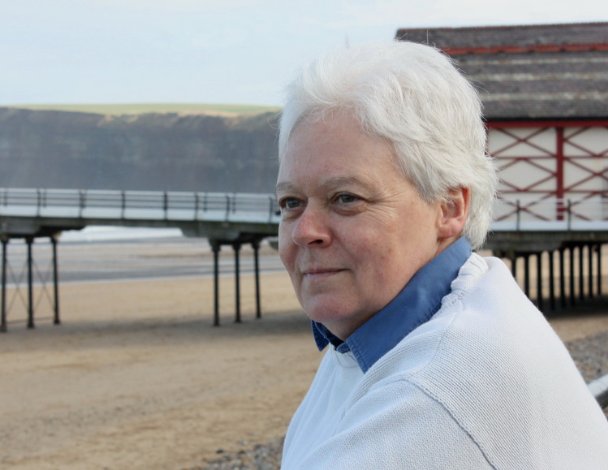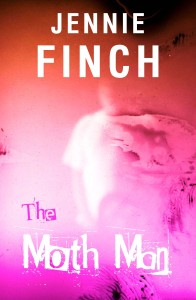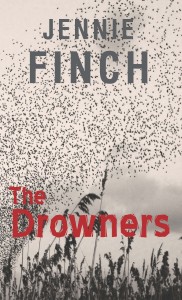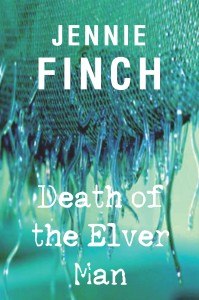There are hundreds of books and web sites out there to help you become a writer – or a better writer – but for me the core of it was always telling a story. I’ve always been a story-teller, first orally and then through stories and novels. Even when I had a “real” job, I used stories every day. For a number of years I taught historical studies at a college of art and design and if there is any subject more suited to telling stories I’ve not come across it.
Let us be honest, if a student goes to college to study art or design they are going to be really enthusiastic about doing stuff. Painting, drawing, building models and designing stage sets – these are what inspire them. They are not going to want to sit in a classroom and listen to a lecture about someone else’s work. In fact, I could judge how well a course was going by the attendance at some of my classes. A full house of eager faces generally meant there was not a lot else going on. The exception to this was the year I spent on a theatre design course.
Designing for the stage is different from other types of design – it is interpretive. And if you’re going to interpret someone’s work you need to be familiar with it, which means you really need to read it. Sadly this is not the favoured occupation of the average art student so this was where the stories came in. I began by retelling the plots but as any writer will tell you, real interest comes when the reader (or listener) begins to identify with a character, something that comes with understanding. Good old “who-what-where-why-when”, the basis of any decent story.
I embarked on a series of talks to set the dramas in context, introducing the writers, pictures of performers, social and religious aspects and a good sprinkling of stories, the more scurrilous the better. The first afternoon I was on the stage in our small theatre and my audience was just the fifteen students from the course. We met satyrs and flying machines, incest and murder and poor old Aeschylus who supposedly died when an eagle dropped a turtle on his head. It seemed to go quite well. No-one got up to leave at least and there was no audible snoring so I decided the story format might be the way to go.
Imagine my surprise when I walked on stage the next week ready to lay bare the gory past of the Roman theatre. The auditorium was full. Not just with students either – there was a fair sprinkling of staff who had decided to pop in and see what the students were on about. At the time I still suffered from stage fright and almost turned tail. Then there was a smattering of applause – a new experience under these circumstances – and I launched into my talk. From the growth of stock characters to the awful origin of the Roman Candle, we galloped through the most brutal era in theatre history, all powered by stories of the great, the good and the bad. The students enjoyed it, some of the staff left looking stunned and had a template for the rest of the year.
So stories have done me well. They are fine things on their own account but they can carry many meanings on many levels. Any book is like an onion, layered with ideas and messages. Some come direct from the writer and some emerge later in the mind of the reader. Stories make our world and help us to make sense of it and the ability to tell stories and to listen to them is one of the finest gifts we have.



